Search Results
Answer created by AI
- Like
- Disike
AI result is experimental
Generating Answer...
-
Sectors (16616)
-
Soccer (4041)
-
Olympics (3199)
-
Business (2145)
-
Motor Racing (1297)
-
Motorsport (1263)
-
Rugby Union (1156)
-
Cricket (1072)
-
Tennis (743)
-
Golf (736)
-
Basketball (684)
-
Athletics (658)
-
Multi-sport games (519)
-
American Football (402)
-
Sailing (323)
-
Ice hockey (316)
-
Motorcycling (306)
-
Cycling (273)
-
Rugby League (269)
-
Waterskiing (265)
No Filter Selected
-
Press Releases (18730)
-
News Analysis and Comments (6549)
-
White Papers (9)
-
Suppliers (1)
No Filter Selected
-
United States (1233)
-
United Kingdom (759)
-
Switzerland (329)
-
Germany (315)
-
France (307)
-
Spain (295)
-
Australia (287)
-
Italy (232)
-
England (216)
-
Europe (175)
-
India (173)
-
Global (141)
-
Canada (114)
-
New Zealand (111)
-
Saudi Arabia (109)
-
Ireland (104)
-
Brazil (95)
-
London (90)
-
China (85)
-
Japan (82)
No Filter Selected
-
Cricket (10)
-
Motor racing (10)
-
N (18)
-
Soccer (91)
No Filter Selected
-
1. FC Koln (1)
-
1899 Hoffenheim (1)
-
AC Milan (1)
-
AC Monza (1)
-
AFC Bournemouth (1)
-
AS Monaco (1)
-
AS Roma (1)
-
Alfa Romeo F1 Team (1)
-
Alpine F1 Team (1)
-
Arsenal FC (1)
-
Aston Martin F1 Team (1)
-
Aston Villa FC (1)
-
Atalanta (1)
-
Athletic Bilbao (1)
-
Atletico Madrid (1)
-
Bayer Leverkusen (1)
-
Bayern Munich (1)
-
Bologna (1)
-
Borussia Dortmund (1)
-
Borussia Monchengladbach (1)
No Filter Selected
-
Bundesliga (15)
-
Formula 1 (10)
-
IPL (10)
-
La Liga (21)
-
Ligue 1 (17)
-
N (18)
-
Premier League (19)
-
Serie A (19)
No Filter Selected
-
AIX Investment Group (1)
-
AMX (1)
-
AOC (1)
-
Adesital (1)
-
Adobe (1)
-
Alila Group (1)
-
Allianz (2)
-
Alpha Gel (1)
-
Alua Hotels & Resorts (1)
-
Ambilight TV (1)
-
Applied Nutrition (1)
-
Aratravel (1)
-
Arborea (1)
-
Arctic Wolf (1)
-
Arena e Calvino (1)
-
Argenta Ceramica (1)
-
Aroundtown (1)
-
Asahi Super Dry (1)
-
Aspetar (1)
-
Astral Pipes (1)
No Filter Selected
-
3D Printing (1)
-
Artificial Intelligence (3)
-
Cloud (4)
-
Corporate Governance (2)
-
Covid-19 (1)
-
Cryptocurrencies (1)
-
Cybersecurity (2)
-
Environmental Sustainability (3)
-
Internet of Things (7)
-
Other Innovation Areas (4)
-
Robotics (3)
-
Social Responsibility (4)
-
Virtual Reality (1)
-
Virtual and Augmented Reality (1)
No Filter Selected

A22 welcomes Madrid court ruling as ESL legal row rumbles on
The ruling reiterates an injunction in terms of punitive action against founding ESL members.

Dyn adds German field hockey to growing rights stable
The platform will show the top-tier men’s and women’s leagues from the 2023-24 season.

Bundesliga International agrees content deal with Khel Now in India
Khel Now will produce content including articles, videos, and social media posts in multiple languages.

Sportfive bolsters Bundesliga portfolio with Stuttgart tie-up
The long-term agreement will begin next season and run through the 2027-28 campaign.

LaLiga elevates Pierce to managing director in UK and Ireland
He first joined the top Spanish league in 2017 as a delegate in the UK.
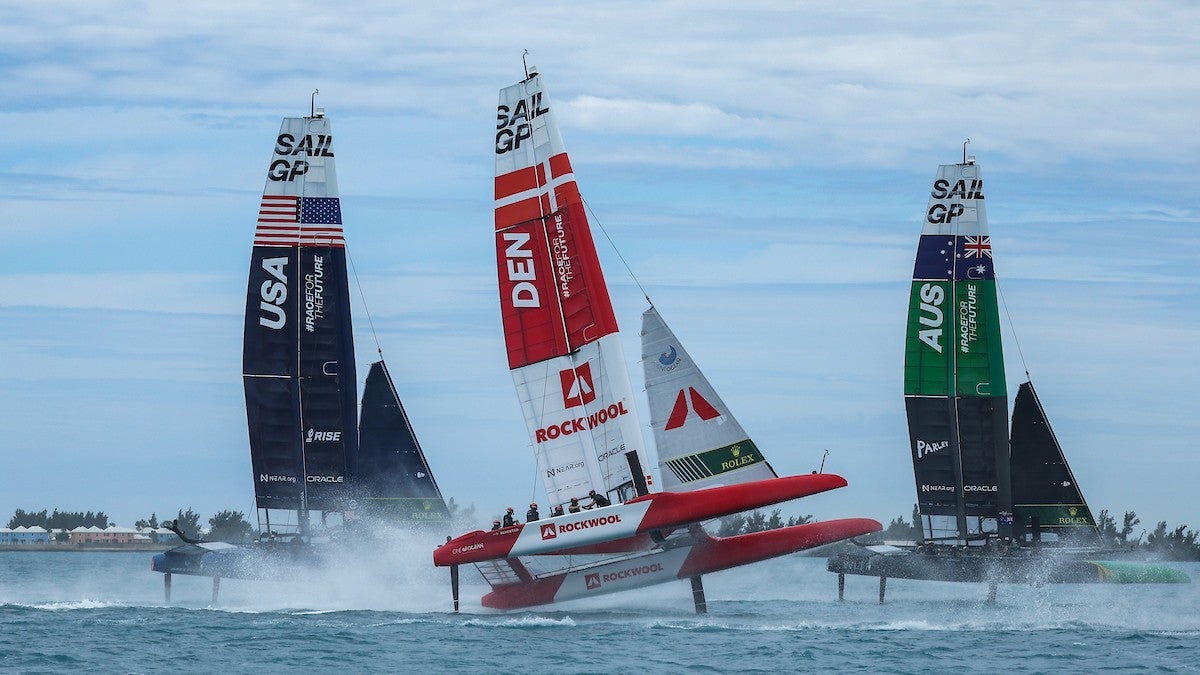
Media rights veteran Gracey leaves W Series for SailGP
He joins the international sailing series SailGP in a senior broadcast role.
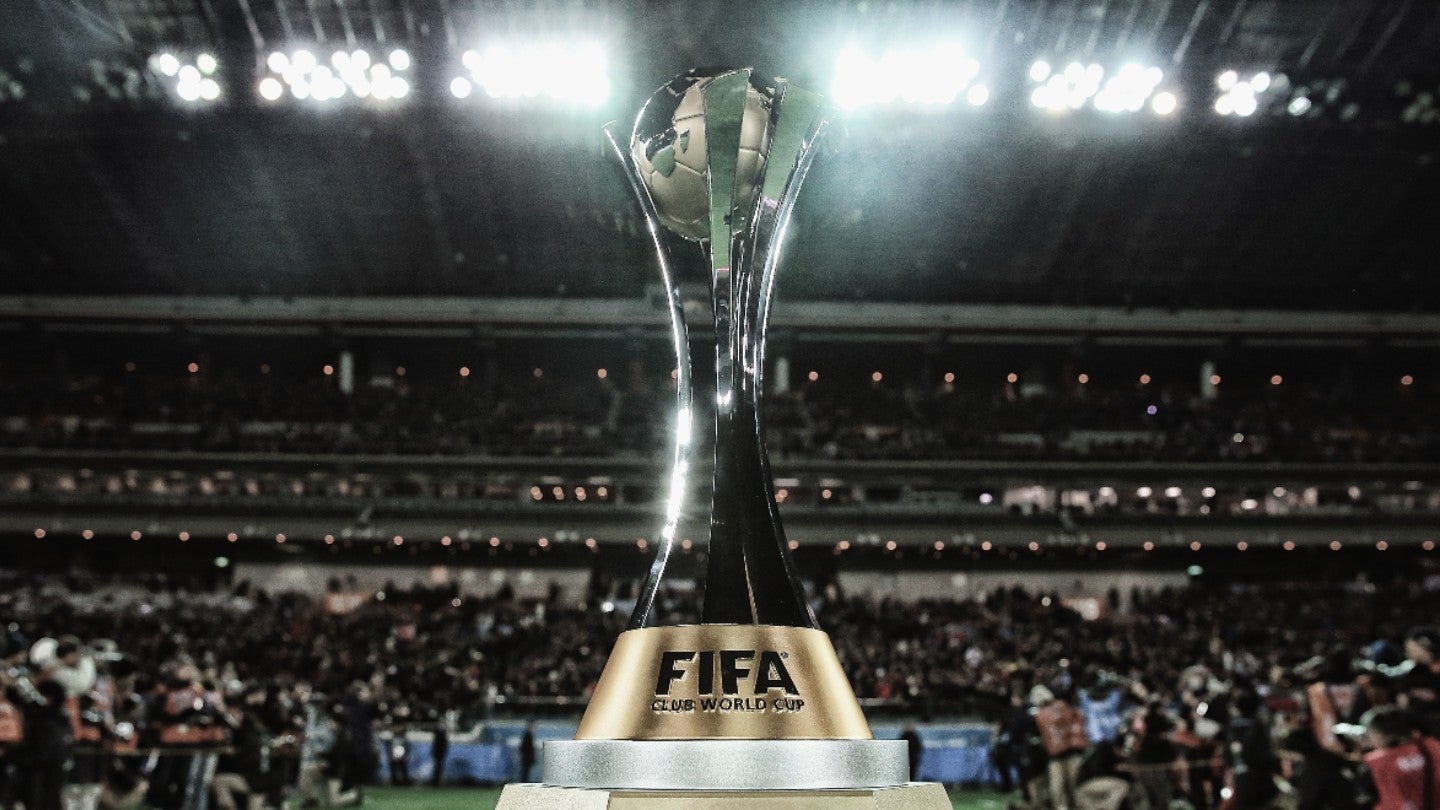
LiveScore lands free-to-air rights to Club World Cup in Ireland
Users in the country will be able to watch via the LiveScore app and website.
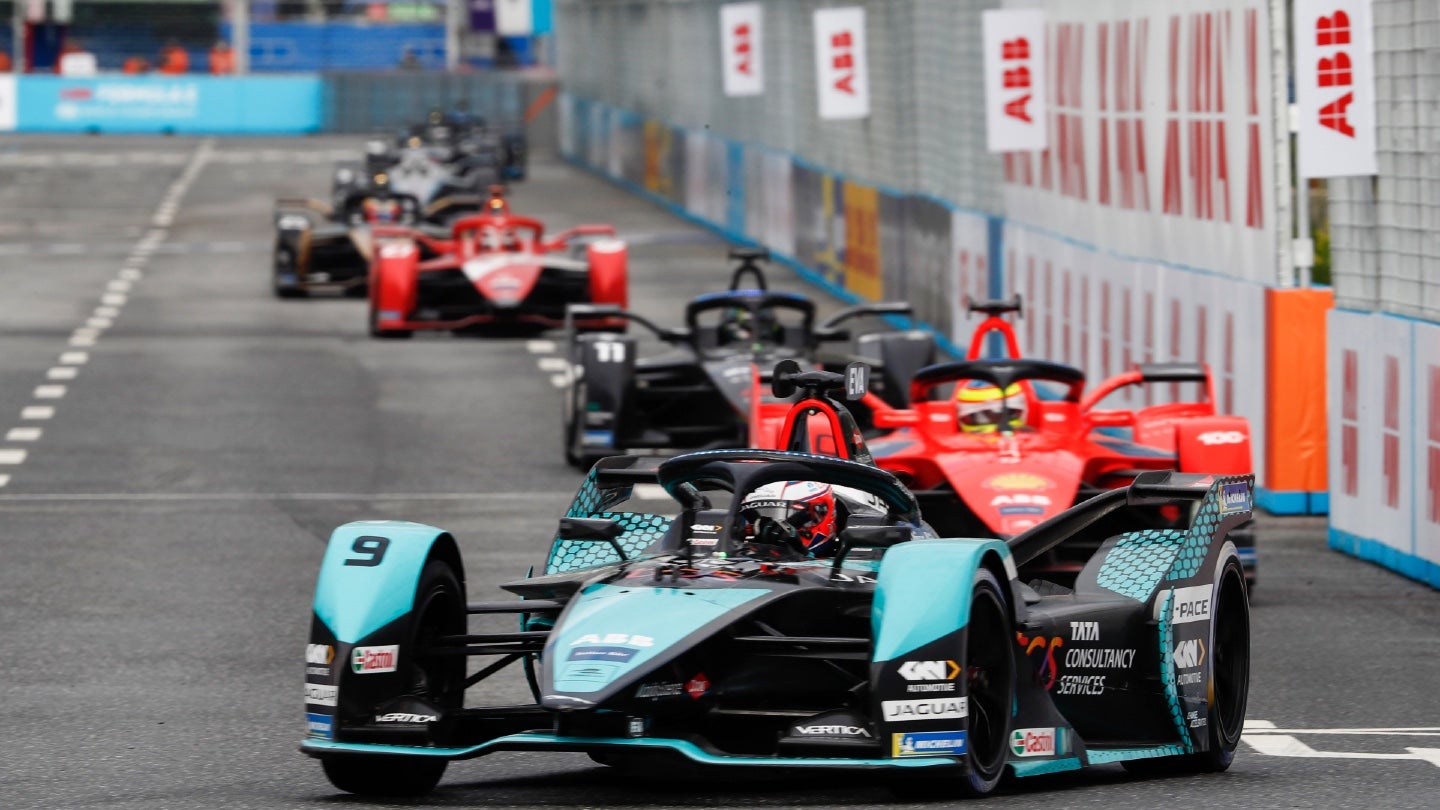
Formula E in global headwear deal with New Era
The agreement will revolve around the creation of a range of caps for Formula E fans.

Prime Hydration named global sports drink of UFC
The partnership will see Prime branding integrated into key UFC assets.

Viaplay in Netherlands distribution deal with Solcon
The deal will partly focus on Viaplay's coverage of motor racing's Formula 1 in the country.
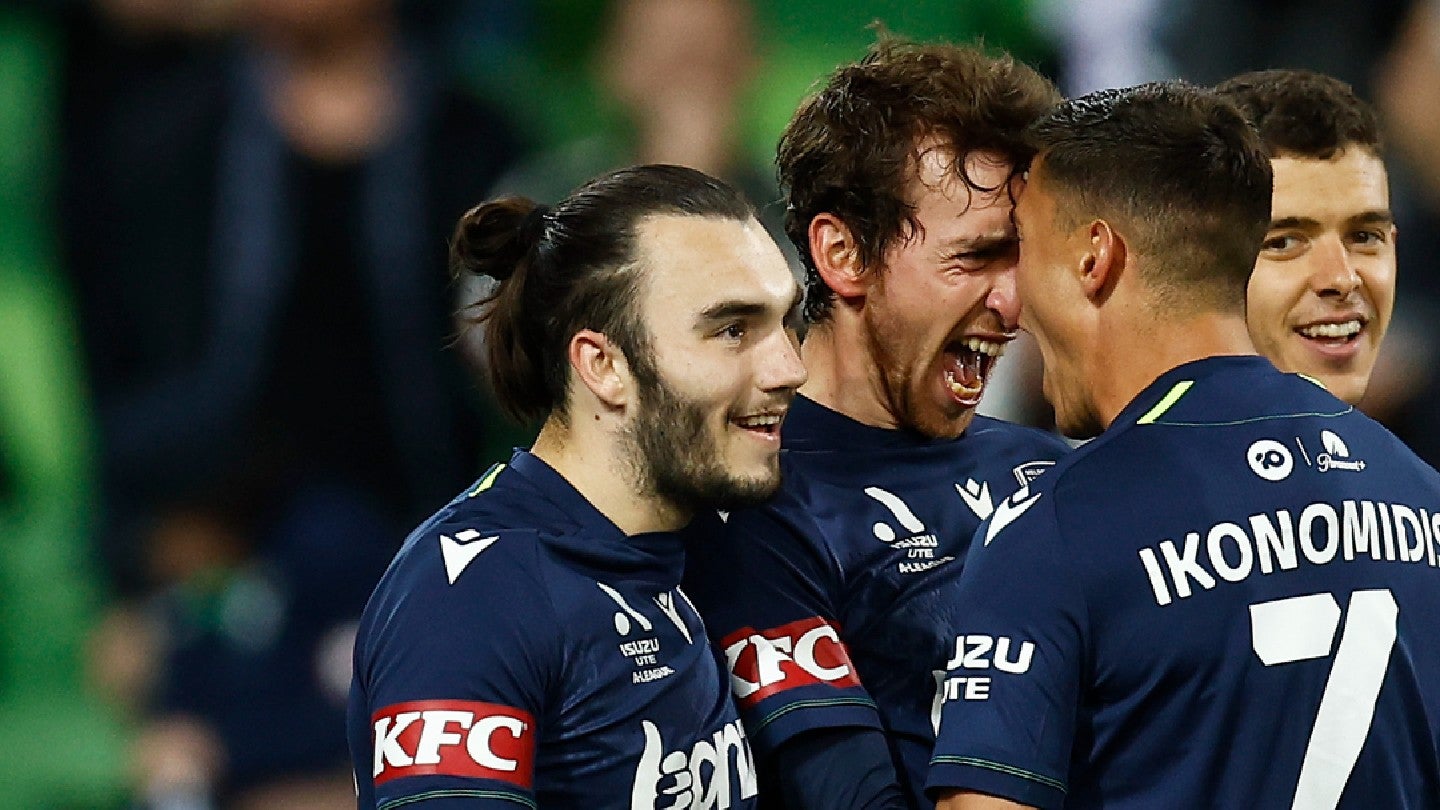
Melbourne Victory shareholders approve 777 Partners takeover bid
The US private equity firm is looking to build on its minority stake in the club.
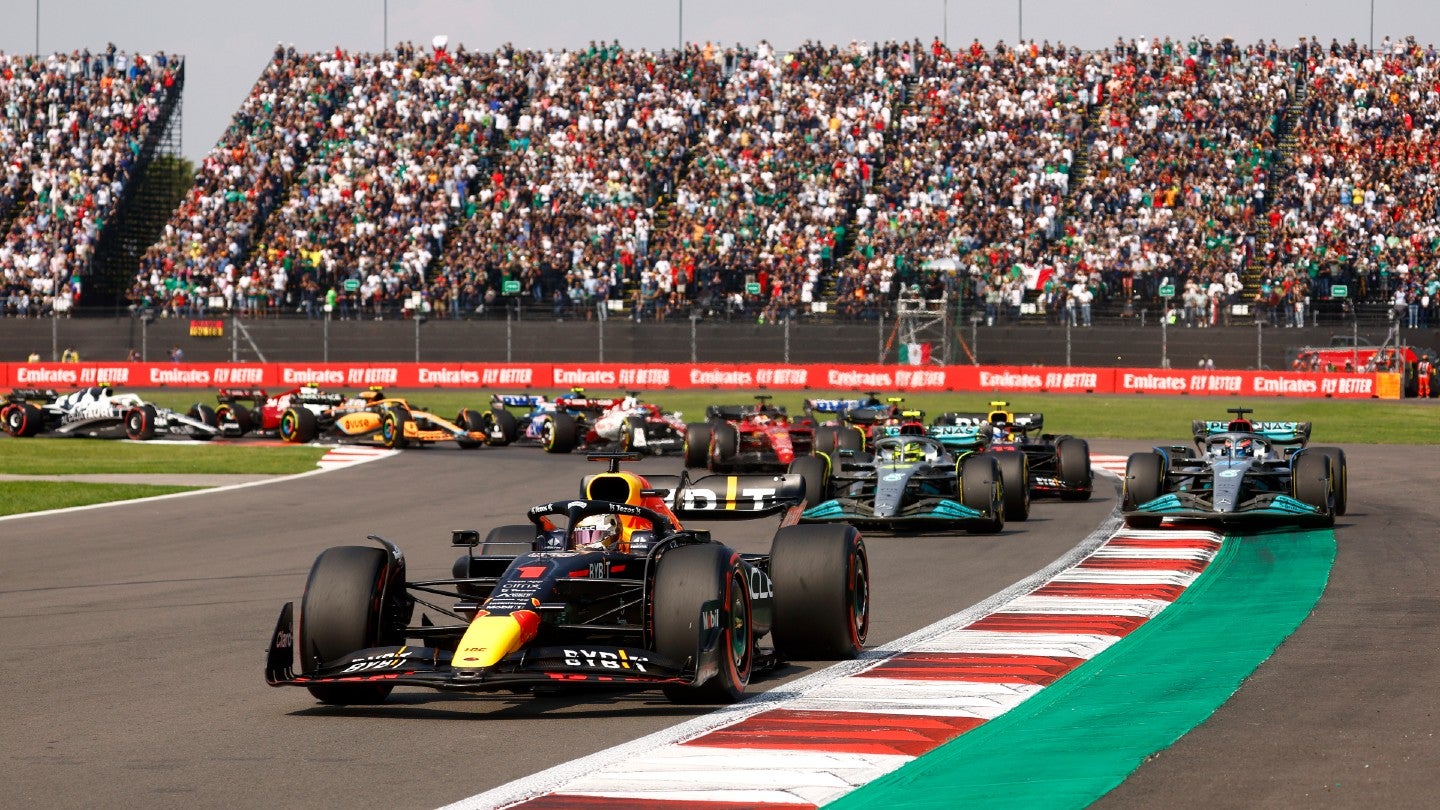
FIA launches application process for two new teams to enter F1 from 2025
The process will be open until April 30, with any decisions made by June 30.

OneFootball and DAZN agree distribution deal in Germany and Austria
OneFootball users will have access to a selection of DAZN’s live soccer content.

NHL bites into Jersey Mike's Subs; Golden Knights partner with Betfred
The sandwich firm will receive multiple sets of branding rights, both in-venue and digital, through the tie-up.

Deltatre appoints Shah as India country manager
The streaming tech firm has set India as one of its key expansion markets for the next 18 months.
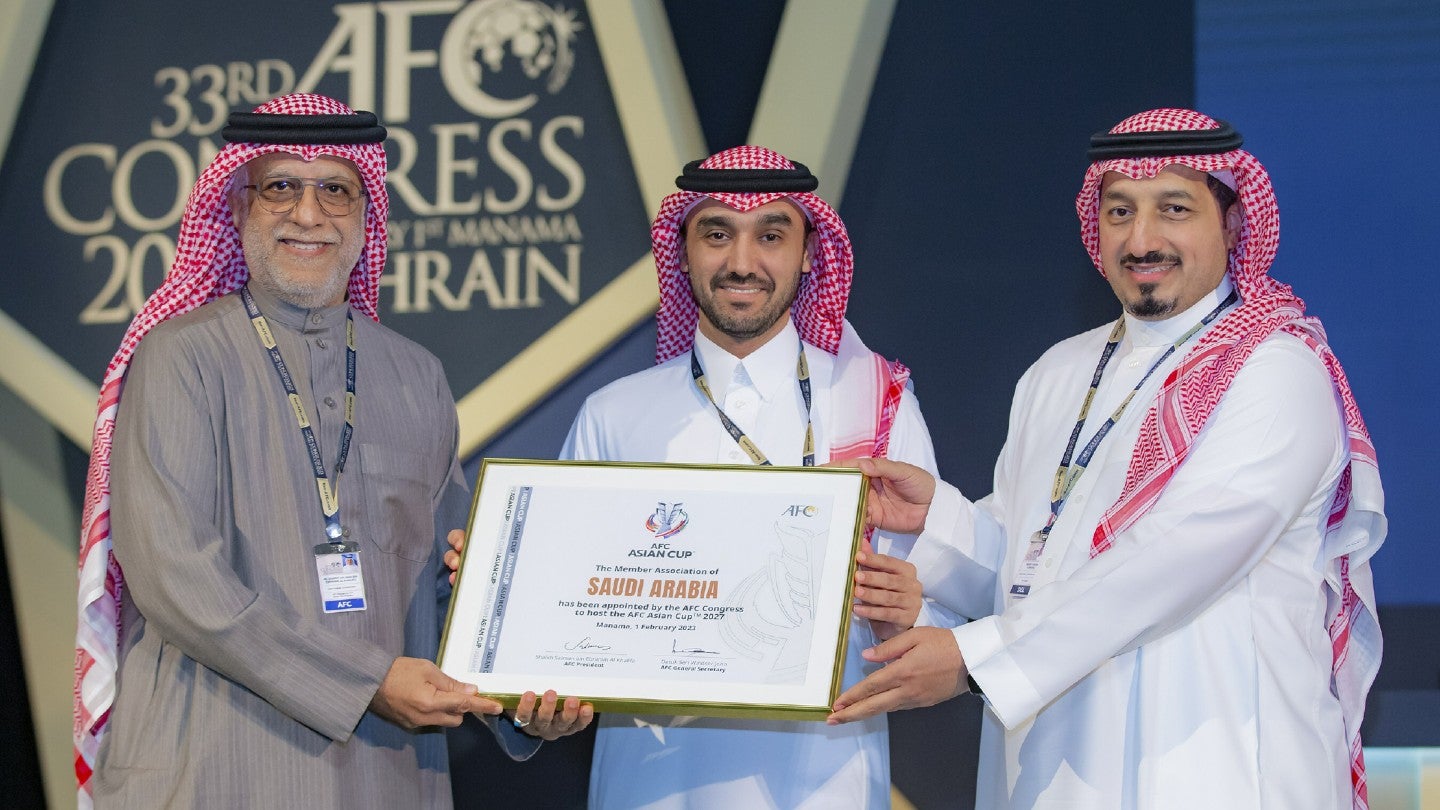
Saudi Arabia confirmed as 2027 Asian Cup host; Sheikh Salman retains AFC presidency
The country will stage the region’s premier national teams soccer tournament for the first time.
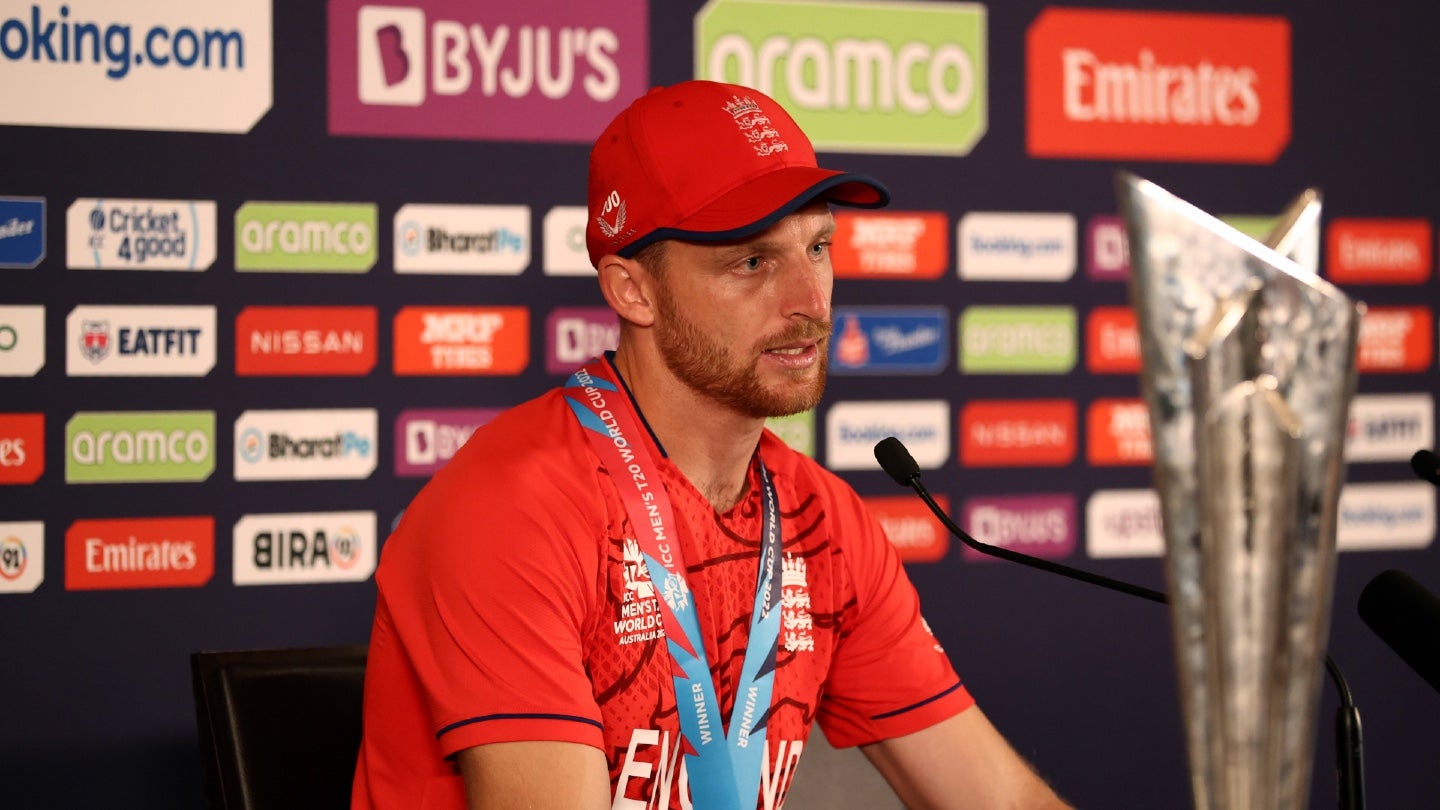
ICC in direct deal with UK's Sky for major events through 2031
The eight-year deal represents a major pillar of the ICC's broadcast rights strategy during the next cycle.

World Baseball Classic increases Japan coverage with Amazon and J Sports deals
The two platforms join FTA broadcasters TV Asahi and TBS in providing coverage for the tournament.

In the Boardroom with Southampton FC
Chief commercial officer David Thomas discusses the club's ambitions under new ownership, post-Covid recovery, and digital transformation.
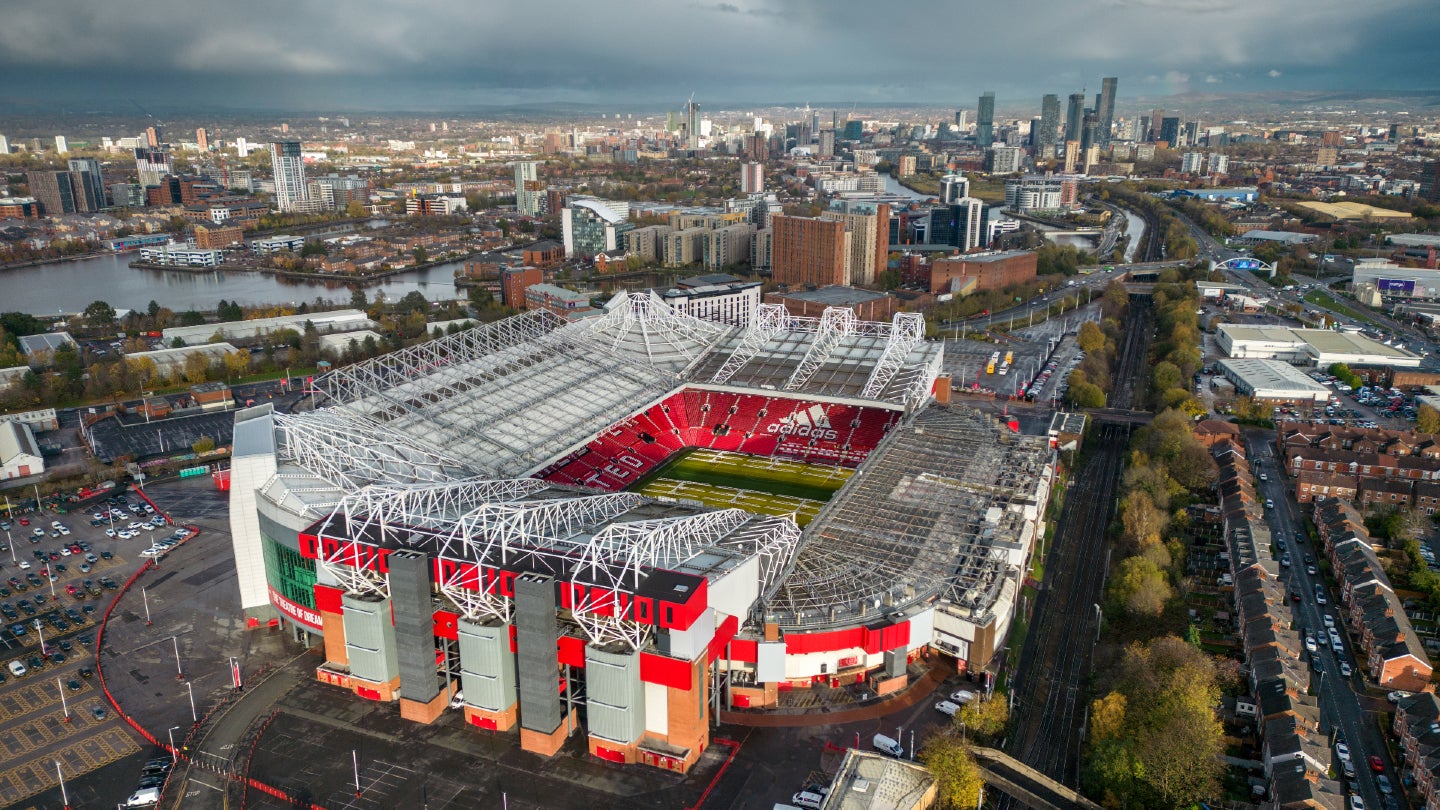
Valuing top soccer clubs - like any other business or not?
With major European clubs changing hands, Oliver & Ohlbaum Associates chairman Mark Oliver discusses the factors involved for making valuations.
- 1
- 2
- 3
- 4
- 5
- 6
- 7
- 8
- 9
- 10
- 11
- 12
- 13
- 14
- 15
- 16
- 17
- 18
- 19
- 20
- 21
- 22
- 23
- 24
- 25
- 26
- 27
- 28
- 29
- 30
- 31
- 32
- 33
- 34
- 35
- 36
- 37
- 38
- 39
- 40
- 41
- 42
- 43
- 44
- 45
- 46
- 47
- 48
- 49
- 50
- 51
- 52
- 53
- 54
- 55
- 56
- 57
- 58
- 59
- 60
- 61
- 62
- 63
- 64
- 65
- 66
- 67
- 68
- 69
- 70
- 71
- 72
- 73
- 74
- 75
- 76
- 77
- 78
- 79
- 80
- 81
- 82
- 83
- 84
- 85
- 86
- 87
- 88
- 89
- 90
- 91
- 92
- 93
- 94
- 95
- 96
- 97
- 98
- 99
- 100
- 101
- 102
- 103
- 104
- 105
- 106
- 107
- 108
- 109
- 110
- 111
- 112
- 113
- 114
- 115
- 116
- 117
- 118
- 119
- 120
- 121
- 122
- 123
- 124
- 125
- 126
- 127
- 128
- 129
- 130
- 131
- 132
- 133
- 134
- 135
- 136
- 137
- 138
- 139
- 140
- 141
- 142
- 143
- 144
- 145
- 146
- 147
- 148
- 149
- 150
- 151
- 152
- 153
- 154
- 155
- 156
- 157
- 158
- 159
- 160
- 161
- 162
- 163
- 164
- 165
- 166
- 167
- 168
- 169
- 170
- 171
- 172
- 173
- 174
- 175
- 176
- 177
- 178
- 179
- 180
- 181
- 182
- 183
- 184
- 185
- 186
- 187
- 188
- 189
- 190
- 191
- 192
- 193
- 194
- 195
- 196
- 197
- 198
- 199
- 200
- 201
- 202
- 203
- 204
- 205
- 206
- 207
- 208
- 209
- 210
- 211
- 212
- 213
- 214
- 215
- 216
- 217
- 218
- 219
- 220
- 221
- 222
- 223
- 224
- 225
- 226
- 227
- 228
- 229
- 230
- 231
- 232
- 233
- 234
- 235
- 236
- 237
- 238
- 239
- 240
- 241
- 242
- 243
- 244
- 245
- 246
- 247
- 248
- 249
- 250
- 251
- 252
- 253
- 254
- 255
- 256
- 257
- 258
- 259
- 260
- 261
- 262
- 263
- 264
- 265
- 266
- 267
- 268
- 269
- 270
- 271
- 272
- 273
- 274
- 275
- 276
- 277
- 278
- 279
- 280
- 281
- 282
- 283
- 284
- 285
- 286
- 287
- 288
- 289
- 290
- 291
- 292
- 293
- 294
- 295
- 296
- 297
- 298
- 299
- 300
- 301
- 302
- 303
- 304
- 305
- 306
- 307
- 308
- 309
- 310
- 311
- 312
- 313
- 314
- 315
- 316
- 317
- 318
- 319
- 320
- 321
- 322
- 323
- 324
- 325
- 326
- 327
- 328
- 329
- 330
- 331
- 332
- 333
- 334
- 335
- 336
- 337
- 338
- 339
- 340
- 341
- 342
- 343
- 344
- 345
- 346
- 347
- 348
- 349
- 350
- 351
- 352
- 353
- 354
- 355
- 356
- 357
- 358
- 359
- 360
- 361
- 362
- 363
- 364
- 365
- 366
- 367
- 368
- 369
- 370
- 371
- 372
- 373
- 374
- 375
- 376
- 377
- 378
- 379
- 380
- 381
- 382
- 383
- 384
- 385
- 386
- 387
- 388
- 389
- 390
- 391
- 392
- 393
- 394
- 395
- 396
- 397
- 398
- 399
- 400
- 401
- 402
- 403
- 404
- 405
- 406
- 407
- 408
- 409
- 410
- 411
- 412
- 413
- 414
- 415
- 416
- 417
- 418
- 419
- 420
- 421
- 422
- 423
- 424
- 425
- 426
- 427
- 428
- 429
- 430
- 431
- 432
- 433
- 434
- 435
- 436
- 437
- 438
- 439
- 440
- 441
- 442
- 443
- 444
- 445
- 446
- 447
- 448
- 449
- 450
- 451
- 452
- 453
- 454
- 455
- 456
- 457
- 458
- 459
- 460
- 461
- 462
- 463
- 464
- 465
- 466
- 467
- 468
- 469
- 470
- 471
- 472
- 473
- 474
- 475
- 476
- 477
- 478
- 479
- 480
- 481
- 482
- 483
- 484
- 485
- 486
- 487
- 488
- 489
- 490
- 491
- 492
- 493
- 494
- 495
- 496
- 497
- 498
- 499
- 500
